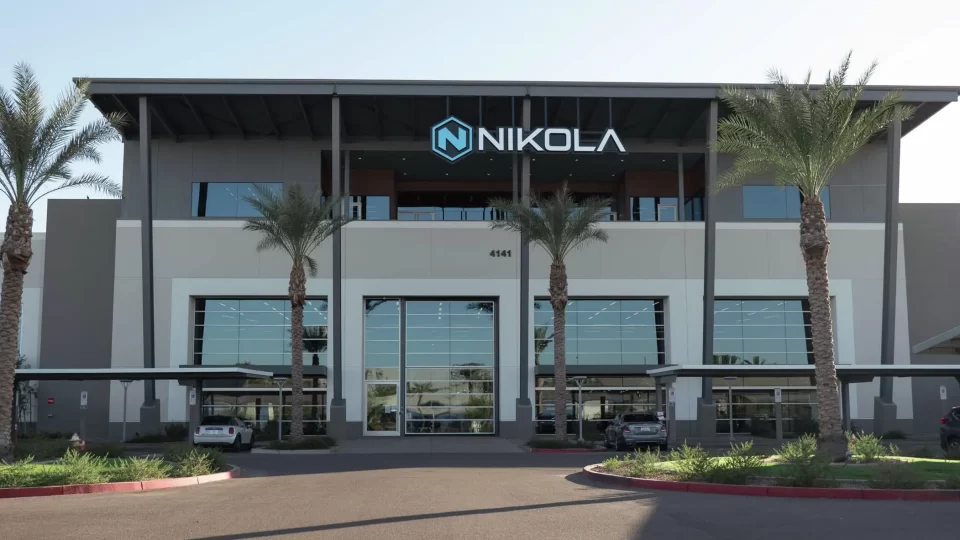Carbon neutrality in mini commercial vehicles, Suzuki and Daihatsu join Commercial Japan Partnership
CJP was launched in April this year to accelerate societal implementation and dissemination of CASE technologies and services – where CASE stands for Connected, Autonomous, Shared, Electric – by combining the commercial business foundations cultivated by Isuzu and Hino with the CASE technologies of Toyota.

Suzuki and Daihatsu have joined Commercial Japan Partnership (CJP), a project aimed at accelerating carbon neutrality initiatives in mini vehicles through the dissemination of CASE technologies and services.
CJP was launched in April this year to accelerate societal implementation and dissemination of CASE technologies and services – where CASE stands for Connected, Autonomous, Shared, Electric – by combining the commercial business foundations cultivated by Isuzu and Hino with the CASE technologies of Toyota while helping address various challenges facing the transportation industry as well as contribute to the achievement of a carbon-neutral society.
Commercial Japan Partnership for the development of mini vehicles
As part of their participation in the project, Suzuki and Daihatsu are to each acquire 10 percent of issued shares of Commercial Japan Partnership Technologies, the joint venture for the CJP initiative, from Toyota Motor Corporation (Toyota).
Suzuki and Daihatsu excel in mini commercial vehicles and account for about 31 million of the approximately 78 million vehicles owned in Japan and serve as an essential lifeline in the daily lives of people, especially in rural areas. Also, mini-commercial vehicles cover areas that are accessible to them because of their size and support last-mile logistics.
Although mini vehicles can play important roles in the realization of a carbon-neutral society and the spread of CASE technologies and services, in this era of profound transformation, there are many issues that mini vehicle manufacturers are unable to solve on their own.
The main targets of the project
To sum up, according to the official press release, among the main aims of CJP collaboration are improving logistics efficiency by building a connected-technology infrastructure that links the main arteries of logistics (truck logistics) with the capillaries of logistics (mini-commercial vehicles); expanding from commercial vehicles to mini vehicles the use of advanced safety technologies that contribute to safety and security and finally cooperating on the use of technologies for the electrification of affordable mini vehicles.


















